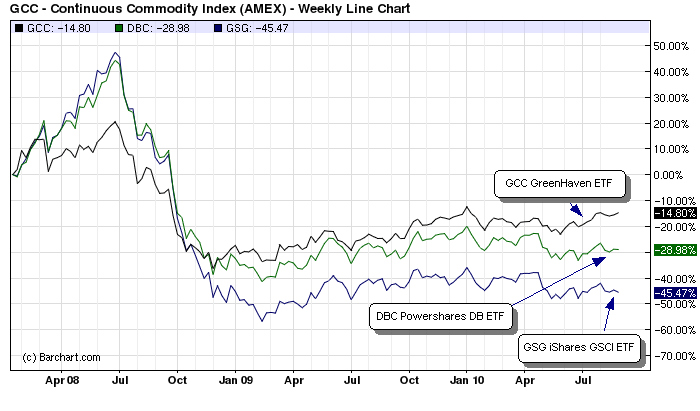New ETF balances index investing and stock picking
Post on: 11 Июль, 2015 No Comment

Updated: 17 February 2013 09:33 PM
A favored investing strategy for many people is simply to buy a stock index fund that tracks the Standard & Poor’s 500 index or another broad market benchmark.
The underlying theory is that current stock prices reflect all relevant information that investors have so there is no point in trying to beat the market with a portfolio of individual stocks or even an actively managed mutual fund. This is the efficient-markets hypothesis that is taught in business school.
I’ve never fully embraced this theory, although it is incredibly difficult for individual investors and money managers to outperform the broader market. Well, just recently I discovered a newly launched exchange traded fund (ETF) that provides a nice balance between index investing and stock picking.
It’s called the Forensic Accounting ETF — symbol: FLAG — and it is the brainchild of John Del Vecchio, a Dallas-based expert on financial chicanery and author of the book What’s Behind the Numbers .
Del Vecchio has developed an index called the Del Vecchio Quality Index, and then on Jan. 31 launched the Forensic Accounting ETF, which tracks his index. Here’s how it works:
The index assigns a grade of A to F to 500 large U.S. stocks — basically these stocks would make up the S&P 500 index. The grade for each company is based on the quality of its earnings.
Del Vecchio and his team examine the financial statements and look for accounting red flags, such as aggressive revenue recognition, weak cash flows or inventory problems — anything that would diminish the quality of their earnings. It’s no secret that many companies use aggressive accounting techniques to bolster their earnings and to hide weaknesses.
Companies with the highest quality of earnings receive an A, and they comprise 40 percent of the Del Vecchio Index. Companies with grades of B, C, and D each make up 20 percent of the index, while those with F’s are excluded.
“I am trying to cull out the losers,” Del Vecchio said. “My index weights the stocks based on earnings quality rather than market capitalization, and it kicks out the under performers.”
Market capitalization is simply the number of outstanding shares multiplied by the price per share. The S&P 500 is a market-cap weighted index, which means that when investors take leave of their senses and push stocks to extreme levels either up or down certain sectors become too heavily or too lightly weighted in the index. This is the main reason I don’t embrace index investing.
Del Vecchio’s index avoids this issue, but more important it excludes companies with low quality of earnings. The index, which includes 400 companies and excludes 100 companies, is recalculated every month.
An example of an A-rated stock in the index would be Bristol-Myers Squibb Co. It has no accounting red flags, its profit margins are starting to expand, and revenue growth is improving. Also, the company is buying back a large slug of its stock, which helps earnings per share.
Another A-rated stock is Northrop Grumman Corp. the aerospace giant, which also has high quality earnings and has improving profit margins, cash flow and revenue growth.
An example of an F-rated stock is Richardson-based Fossil Inc. which sells fashion accessories. It received that low grade and was excluded from the index because of sluggish sales in Europe and the United States. The company also had four consecutive quarters in which inventories expanded — a sign of slow growth.
The FLAG fund, which currently has about $2.5 million in assets, charges investors an annual fee of 0.85 percent, which is slightly more than the typical index fund but considerably less than the average mutual fund.
Since it’s such a small fund, I asked Del Vecchio if he was concerned about liquidity issues. In other words, how difficult is it for investors to move into and out of the fund? He explained that liquidity is not an issue because the underlying stocks in the index are among the most highly traded in the market.
If someone wants to trade a large position, the fund market maker would buy or sell the shares for the fund. This is important because the number of ETFs has exploded in recent years, and many of them are so narrowly focused on a particular sector of the market that investors can get stuck holding a position unable to sell.
“The shares in my fund are the most liquid that anyone could buy,” he said.
Del Vecchio said he knew intuitively for years that his weighting methodology would work better than cap-weighting, but he back-tested it just to be sure.
For example, his index would have climbed 65.8 percent in 2009, while the S&P 500 was up 26.5 percent. In fact, his index would have outperformed the S&P 500 in all but two years going back to 2000.
“The stock winners take care of themselves, but it’s the losers that wreak havoc on your portfolio,” he said.














